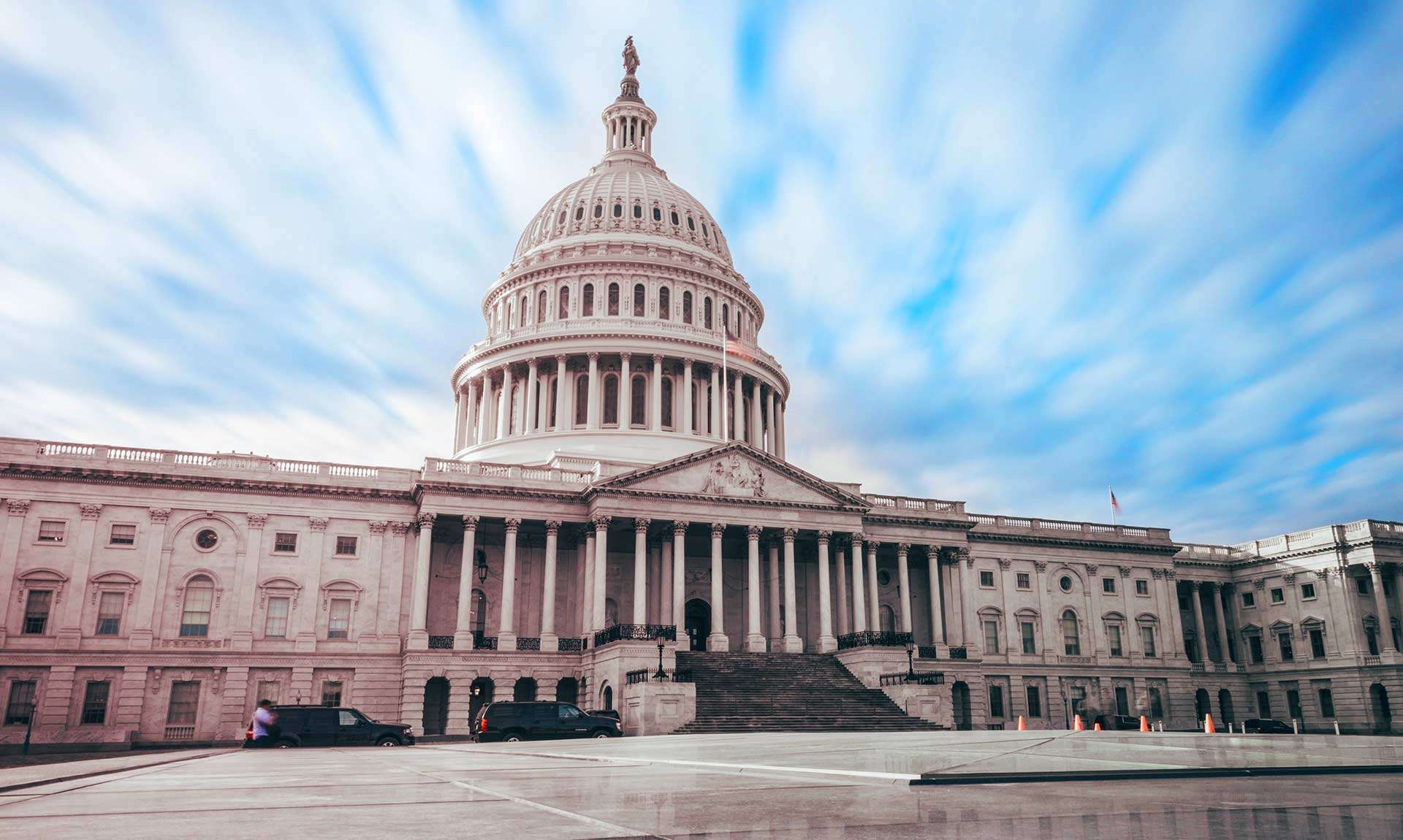EB-5 Visa Interview Questions: How to Prepare, What to Expect, and Tips for Success
Introduction
If you’ve reached the EB-5 green card stage, you’re likely seeking guidance on EB-5 visa interview questions and how to secure approval at the last critical step. The EB-5 Immigrant Investor Program offers a direct path to U.S. permanent residency by making a substantial investment in a qualified business project that creates American jobs. After navigating the I-526 petition and its approval, the subsequent milestone often involves attending an EB-5 visa interview at a U.S. embassy or consulate abroad, or undergoing an adjustment of status interview if you are already in the United States.
This guide breaks down common EB-5 visa interview questions, the key areas that immigration officers focus on, and effective preparation strategies. You’ll learn how to organize essential documents, understand your investment project inside-out, and present yourself with composure and confidence. By the end, you’ll have the insights and tools to approach the EB-5 visa interview with clarity, boosting your chances of a smooth, positive outcome.
Understanding the EB-5 Visa Interview Process
The EB-5 visa interview typically occurs after your I-526 petition is approved. If you’re applying from outside the U.S., you’ll attend a consular interview at a U.S. embassy or consulate. For those adjusting status within the United States, the interview may be scheduled at a local USCIS office. This meeting is designed to confirm the accuracy of your application, verify eligibility, and ensure no fraudulent claims were made.
Before the interview, the consular officer or USCIS officer will review your entire case file. They will have access to all documents you’ve submitted throughout the EB-5 process, so consistency between your initial filings and your interview responses is crucial. Remember, the goal is not only to check your documentation, but also to assess whether you genuinely meet the EB-5 requirements.
Who Must Attend the EB-5 Visa Interview?
In most cases, the principal EB-5 investor and all eligible family members included on the application (spouse and qualifying children) must attend the interview. Local embassy rules may vary, especially regarding younger children, so verify specific guidelines beforehand. Ensuring that each family member is on the same page and can answer basic questions about their intentions in the United States will help present a unified, credible case.
Common EB-5 Visa Interview Questions and Their Purpose
Officers often categorize EB-5 visa interview questions into several key areas:
- Investment-Related Queries:
You may be asked how much money you invested, when and how you made the investment, and whether you understand the structure of the investment vehicle (such as a regional center fund or a direct investment in a business). - Project Knowledge:
Be prepared to discuss the nature of the EB-5 project—what industry it’s in, how it will create jobs, and why you chose it. Officers want to see that you’ve done your homework and are actively involved or at least well-informed about where your funds are going. - Personal Background:
Questions may cover your education, professional experience, and reasons for seeking permanent residency in the U.S. Understanding your personal narrative helps the officer confirm that you’re a suitable candidate who genuinely intends to reside and/or engage in business activities in America. - Source of Funds:
Perhaps the most critical area, this involves verifying the lawful source of your investment capital. Expect detailed questions about how you earned or obtained the funds—salary income, business profits, inheritance, property sales, or gifts—and prepare documentation to back up each claim. - Family and Intentions:
Officers may also inquire about your family’s plans: Will they join you in the U.S. permanently? Are your children planning to attend school or university in America? Demonstrating a clear, realistic plan for your family’s future in the U.S. reinforces your credibility.
Ultimately, these questions ensure that your investment meets EB-5 program criteria, that you are who you say you are, and that there’s no misrepresentation in your application.
Key Topics the Interviewing Officer Will Focus On
Beyond general queries, the officer will drill down on EB-5 program fundamentals. They may confirm you’ve invested the minimum required amount, which may differ depending on whether it’s a Targeted Employment Area (TEA) or not. They’ll also assess your understanding of job creation requirements—each EB-5 investment must lead to the creation of at least 10 full-time U.S. jobs.
Expect questions about the conditional nature of your initial green card and your responsibilities during the two-year conditional period. The officer may also mention the I-829 petition, which you’ll need to file later to remove conditions and secure a permanent green card. Showing awareness of these steps demonstrates preparedness.
Preparing Your Supporting Documents
One of the best ways to handle EB-5 visa interview questions confidently is by having your supporting documents well-organized and readily available. Consider bringing:
- Valid passports and civil documents (birth and marriage certificates for family members).
- Original documents proving your investment, such as bank statements, wire transfer receipts, and escrow agreements.
- Detailed business plan summaries, offering memoranda, or project feasibility studies.
- Comprehensive source of funds documentation (tax returns, pay stubs, property deeds, receipts from the sale of assets).
Arrive with all documents neatly arranged, preferably in a binder or folder with labeled sections. If the interviewer requests a specific piece of evidence, being able to present it promptly and accurately enhances your credibility. An immigration attorney or EB-5 consultant can guide you on assembling a flawless documentation package.
Importance of Knowing Your EB-5 Investment Project Details
Knowledge is power, especially in an EB-5 interview. Whether you invested through a regional center or a direct investment, you should know your project’s business model, location, industry, and revenue generation plan. Understand how it aims to create the required jobs and be ready to explain how the investment aligns with EB-5 regulations.
If you’re working with a regional center, familiarize yourself with its track record, structure, and oversight. Officers often test whether investors have a genuine understanding of their chosen project, which reflects honest engagement rather than a superficial attempt to secure a green card.
Financial and Source of Funds Questions
Nothing raises more scrutiny in an EB-5 interview than unclear or undocumented funding sources. The officer will want to ensure your capital was obtained lawfully and that no money laundering or fraudulent activities are involved.
Prepare a clear narrative of how you accumulated the funds—this might include showing employment records, business ownership documents, tax returns, loan agreements, or property sale deeds. If you received a gift from a relative, have a notarized gift letter and proof of the donor’s financial stability. Translations for foreign-language documents and certified copies of originals are often necessary. Thorough financial transparency goes a long way in calming any concerns.
Tips for Presenting Yourself Confidently
Your demeanor matters. Arrive early, dress professionally, and maintain a calm, polite attitude throughout the interview. Listen carefully to each question. If you don’t understand something, ask the officer to clarify rather than guessing. Avoid sounding rehearsed—while preparation is key, it’s better to understand your case so deeply that you can speak naturally about it.
Keep your answers concise and to the point. Don’t volunteer irrelevant details that might prompt follow-up questions. If you brought family members, rehearse together so everyone provides consistent answers. Consistency reassures the officer that your claims are authentic.
Handling Challenging Questions and Potential Red Flags
Some questions may feel tough or probing, especially if there’s any gap or inconsistency in your paperwork. Stay composed. If the officer highlights a discrepancy, acknowledge it. Politely offer an explanation or present additional documents to resolve the doubt. Defensive or argumentative behavior will only raise suspicions.
If asked about delays in the project, reduced job creation estimates, or changes in the regional center’s management, show that you’ve been kept informed. Demonstrating that you’ve maintained communication with project managers or regional center representatives emphasizes that you’re actively engaged and aware of project developments.
If you truly don’t know the answer to a specific question, express willingness to provide the information later. Honesty is better than improvisation under pressure.
Post-Interview Steps and Possible Outcomes
After the interview, the officer might verbally indicate whether the visa will be approved or if more documents are needed. In some cases, you’ll face administrative processing, which can extend the waiting period. If additional documentation is requested, provide it promptly and through the proper channels.
Upon approval, the embassy or consulate will instruct you on how to get your passport back with the immigrant visa stamp. When you enter the United States, you’ll be considered a conditional permanent resident. Be sure to follow all instructions for receiving your conditional green card and remember that later you’ll need to file the I-829 petition to remove conditions and secure a permanent green card.
Frequently Asked Questions (FAQs)
Q1: How long does the EB-5 visa interview last?
Usually between 15 to 30 minutes, though complexity and the number of family members can influence the duration.
Q2: Will my family members be interviewed separately?
They typically attend together. The officer may direct questions to them briefly to confirm their intentions and understanding.
Q3: Can I bring an attorney to the EB-5 visa interview?
This depends on the consulate or embassy’s rules. Some allow attorneys as observers, while others do not. Check local policies in advance.
Q4: What if I don’t recall every financial detail of my investment?
Have your documents ready and know the key points. If unsure about a minor detail, show that you have records available.
Q5: What if my EB-5 visa application is refused?
A refusal might come with reasons and possibly requests for more documents. Consult your immigration attorney to address concerns and reapply if feasible.
Conclusion
The EB-5 visa interview represents one of the final and most critical hurdles on your path to U.S. permanent residency. By understanding the likely EB-5 visa interview questions, familiarizing yourself with the project you’ve invested in, organizing impeccable documentation, and approaching the meeting confidently, you set the stage for success.
If uncertainties arise, don’t hesitate to seek professional guidance from immigration attorneys or EB-5 experts who can help clarify policies, prepare documents, and ensure that your interview experience is as smooth as possible. With proper preparation and a composed presentation, the EB-5 visa interview can be a decisive step toward building a fulfilling future in the United States.
Read More
Visa Benefits by Owning a House in Dubai from India: Your 2024 Guide to UAE Residency
If You Overstay Student Visa and Marry: What Happens Next?
latest video
news via inbox
Nulla turp dis cursus. Integer liberos euismod pretium faucibua




